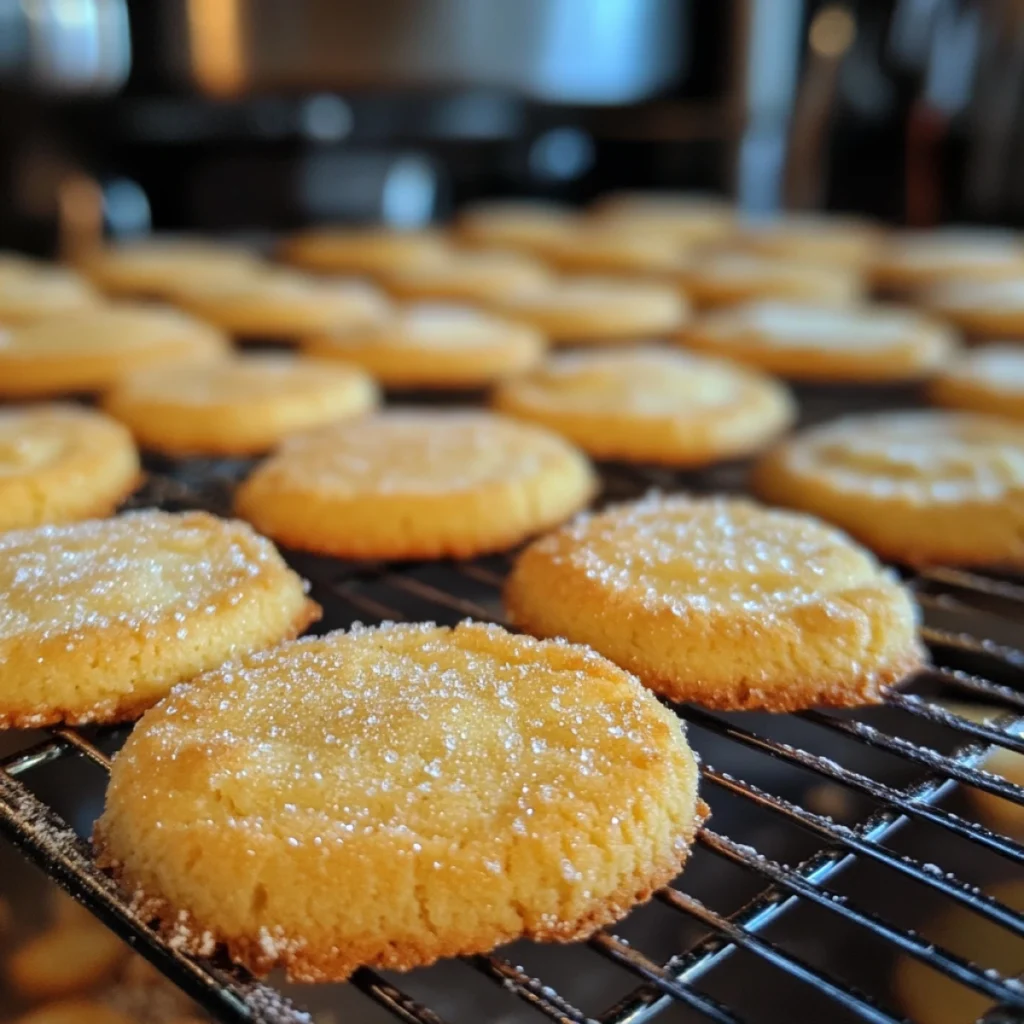
Levain cookies are known for their thick, gooey texture and rich ingredients, but with the name “Levain,” many people wonder: Are Levain cookies French? Despite their name, these famous cookies are not a product of French patisseries but rather a creation born out of New York City.
In this article, we’ll explore the origin of Levain cookies, their name’s French roots, and how they differ from traditional French cookies like macarons and sablés. For more insights on the history of Levain, visit Levain Bakery’s official site.
The Origin of the Name “Levain”
The word Levain is derived from the French language, where it refers to a natural leavening agent made from flour, water, and wild yeast—commonly used in sourdough bread making. French bakers have relied on levain for centuries to create rustic, flavorful loaves.
However, while Levain is a French term, Levain cookies were created by Pam Weekes and Connie McDonald in New York City. They chose the name “Levain” as a nod to their original focus on artisanal bread-making. Today, the bakery is famous for its oversized, indulgent cookies. To learn more about traditional levain and its use in baking, you can explore How Do I Activate Sourdough Discard?.
Levain Cookies vs. French Cookies
So, are Levain cookies like French cookies? Here’s how they compare to popular French biscuits like macarons and sablés:
- Texture: Levain cookies are thick and gooey, while French cookies are often delicate and crisp.
- Ingredients: French cookies often use almond flour, butter, and subtle flavors like vanilla or anise. In contrast, Levain cookies are packed with chocolate chips, walnuts, and a generous amount of butter.
- Size: One of the standout features of Levain cookies is their size—each cookie weighs nearly six ounces, which is far larger than traditional French biscuits.
For more insight into the different types of French cookies, including macarons and sablés, check out TasteAtlas French Cookies.
The Popularity of Levain Cookies in the U.S.
Despite their French-inspired name, Levain cookies have become a quintessential American treat. What started as a small bakery in New York has grown into a nationwide sensation, with Levain cookies available in multiple locations and through online orders across the U.S.
Here’s why Levain cookies have become so famous:
- Unique texture: They offer a perfect balance between a crispy exterior and a soft, gooey center.
- Generous ingredients: Loaded with chocolate chips and walnuts, these cookies are designed for indulgence.
- Large size: Unlike most cookies, Levain cookies are oversized, making them a hearty, satisfying dessert.
To discover more about how baking has evolved, you can read Creative Sourdough Discard Uses and Recipes, which offers more ideas on incorporating classic baking methods into modern recipes.
Is There a French Connection in Levain Cookies?
While Levain cookies borrow their name from a French baking term, the cookies themselves are distinctly American. The connection to France lies only in the name, which refers to a sourdough starter used in French bread-making. The cookies themselves, with their buttery dough and abundance of chocolate, are a far cry from the light, airy macarons or the buttery, crisp sablés typically found in French patisseries.
Curious about the role of levain in French baking? You can learn more by exploring What Is Sourdough Discard?, which delves into the intricacies of sourdough and bread-making.
FAQs About Levain Cookies
Are Levain cookies French?
No, Levain cookies are not French. Although the name “Levain” comes from the French term for sourdough starter, the cookies were invented in New York City by Levain Bakery.
Why are Levain cookies so famous?
Levain cookies are famous for their large size, gooey texture, and high-quality ingredients. The bakery’s chocolate chip walnut cookie is especially popular and has become a signature treat.
What is the meaning of Levain in baking?
In baking, Levain refers to a natural leavening agent made from flour, water, and wild yeast. It is commonly used in French sourdough breads to create a flavorful, airy texture.
Conclusion: Are Levain Cookies French or American?
In conclusion, while Levain cookies take their name from a French baking term, they are a distinctly American creation. Their oversized, indulgent nature and rich ingredients set them apart from traditional French cookies like macarons and sablés. Whether you enjoy them in New York or through nationwide shipping, Levain cookies offer a unique treat with an undeniable connection to the American food scene.
If you’re interested in learning more about French baking or trying your hand at sourdough, explore How to Activate Sourdough Discard for more inspiration on French-inspired baking techniques.
